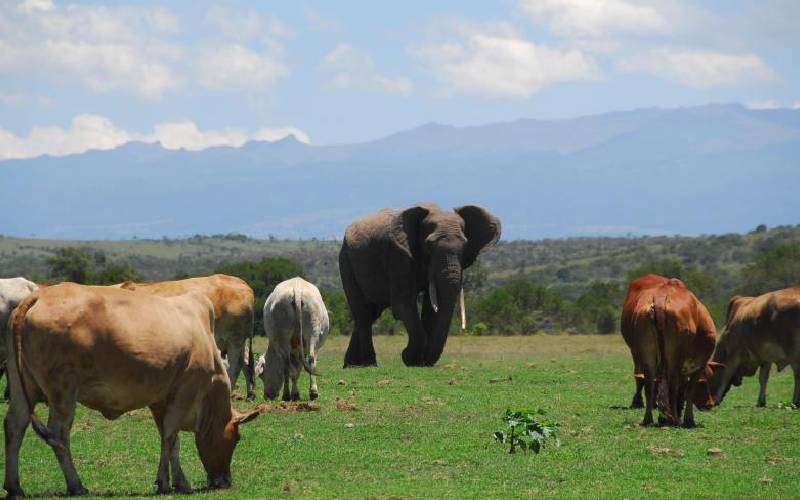×
The Standard e-Paper
Fearless, Trusted News

When wildlife conversation issues come up, most people quickly think about animals and their forest habitats. They rarely relate the debate to their own livelihoods.
However, Paul Wachira, a Community Development Officer at Loisaba Conservancy in Laikipia county, says it is very much about improving people's quality of life.